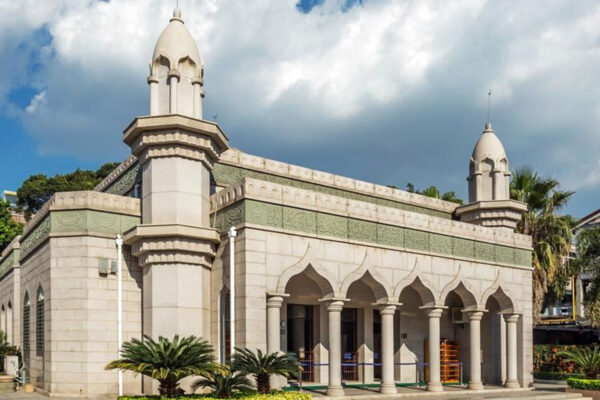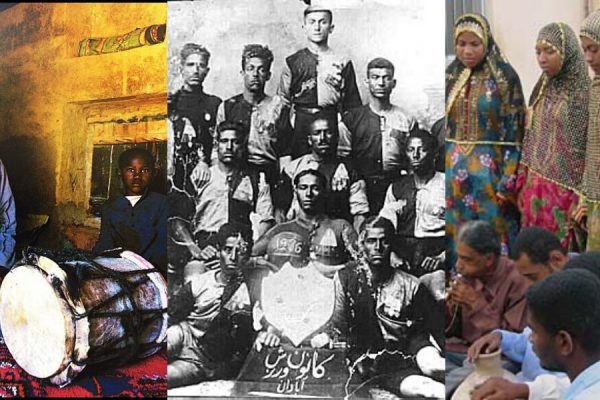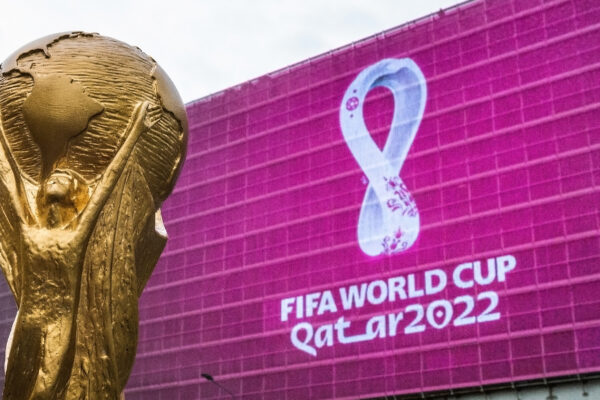As thousands of women gather for the first time in more than 30 years in a football stadium for the men’s World Cup qualifiers, many hope that this becomes a historic turning point for Iran’s female football fans.
Iranian women finally allowed to attend men’s football game for the first time since 1981
As thousands of women gather for the first time in more than 30 years in a football stadium for the men’s World Cup qualifiers, many hope that this becomes a historic turning point for Iran’s female football fans.
In a landmark decision, women in Iran have finally been allowed to attend a men’s football game, in time for Iran’s World Cup qualifier against Cambodia. Although never officially a law, women have been banned in the country from attending men’s football matches since 1981 after Iran’s Revolution of 1979 in an attempt to foster modest and conservative values within the society.
Initially, women were allocated 3,500 tickets for the game at the national Azadi Stadium but all tickets were reportedly sold out within an hour. An additional 1,100 were released as female fans called for more seats to be allocated for women in the stadium.
While the pressure for Iran to allow women to attend football games have been constant throughout the years, the death of the “Blue Girl” last month spurred renewed calls for Iran to backtrack on its ban. Sahar Khodayari, dubbed the “Blue Girl” because of the color of her football jersey, died of her wounds after setting herself on fire in protest after being caught and threatened with imprisonment after sneaking into a football match dressed as a man.
Iranian female activists have not only blamed the government of Iran for its failure to uphold equality in sports, but also FIFA for its lack of involvement in helping enforce change for Iran’s female football fans. Despite FIFA’s own statement claiming that discrimination against women “is strictly prohibited and punished by suspension or expulsion”, Iran has never been penalized by FIFA for its ban on women entering football stadiums.
Although Iran has been criticized in being long overdue in this regard, in general the country seems ready and impassioned for women to finally be able to attend this historic match. Masoumeh Ebtekar, Iran’s Vice President of Family and Women’s Affairs, told Al Jazeera:
I think we are moving ahead. I think the government has made serious efforts to that end and now we hope to see a game where we have women sitting in the stadium.”
This did not stop conservative hardliners, however, with around 50 demonstrators protesting outside of Iran’s parliament in opposition to the government’s decision to allow female fans into the stadium. While Iran continues to balance between religious conservatism and a more Western-influenced cultural openness, this current move to allow female fans to attend this football match will remain a positive move despite some opposition. As thousands of women gather for the first time in more than 30 years in a football stadium for the men’s World Cup qualifiers, many hope that this becomes a historic turning point for Iran’s female football fans.





